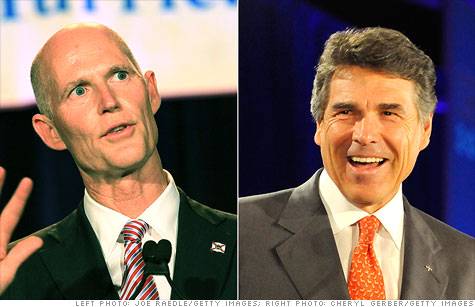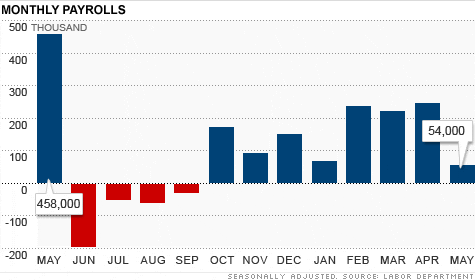Our president just does not get it. Its not about the oil, its about the jobs. Ho can we create jobs with a policy that is to reduce the oil we import with a plan that does not exist
To start with the exploration, the extraction, the delivery, the refinement, and the sales of the product will at every step create jobs
Yet we get all of this from Mexico and Canada
Why?
Because all of those resources and those steps that would follow have a foot on there throat by the U.S. goverment




